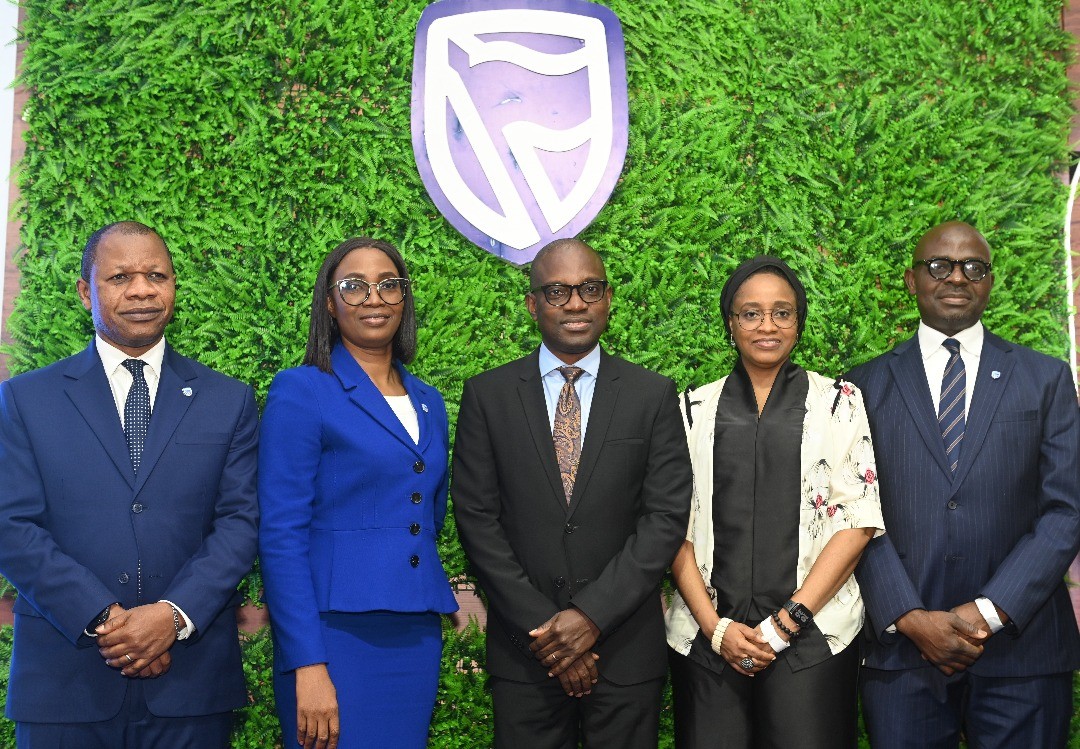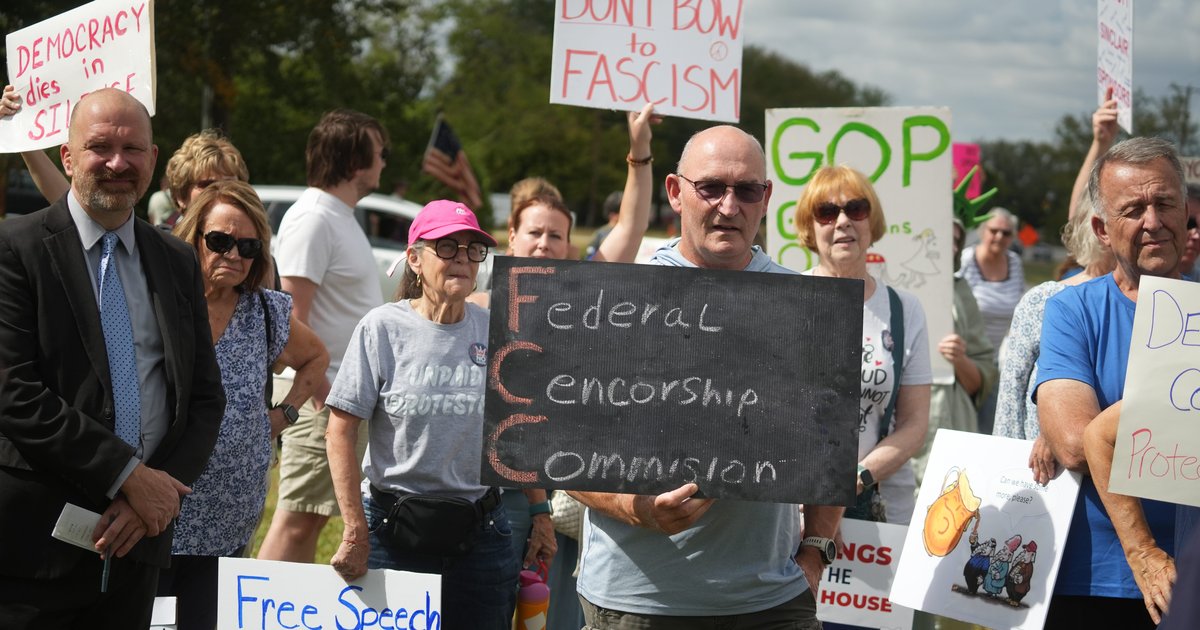Stanbic IBTC Holdings Sustainable Finance Summit 2.0 Sets Pace For Leveraging Innovative Climate-Smart Financing
By Toyin Akande
Copyright bizwatchnigeria

Stanbic IBTC Holdings Sustainable Finance Summit 2.0, held in partnership with the Lagos Business School Sustainability Centre (LBSSC), concluded with unprecedented success, establishing new benchmarks for sustainable finance discourse and innovation in Nigeria and across Africa to tackle climate challenges.
The hybrid summit, themed “Financing Resilience: Digital Innovation and AI for Climate Smart Communities,” attracted over three thousand participants both physically at the Civic Centre, Victoria Island, and through YouTube live streaming, representing diverse sectors from across Nigeria and internationally.
The summit delivered significant value across multiple dimensions. Industry impact included the unveiling of innovative AI-powered climate risk assessment tools being developed by leading Nigerian fintech companies.
Kunle Adedeji, Acting Chief Executive, Stanbic IBTC Holdings, expressed, “The overwhelming success of this summit validates our vision of positioning Nigeria at the forefront of sustainable finance innovation. We have witnessed remarkable collaboration between financial institutions, technology innovators, and policymakers, resulting in concrete commitments and actionable solutions. This event has not only strengthened our position as industry leaders but has also demonstrated the transformative power of bringing together diverse stakeholders around our shared commitment to climate-smart financial solutions.”
Wole Adeniyi, Chief Executive, Stanbic IBTC Bank also reiterated that the summit delivered concrete value to all participant categories. Financial professionals gained practical insights into implementing AI-driven ESG assessment tools and accessing new sustainable investment opportunities—technology innovators connected with potential investors and partners, with several startups securing follow-up meetings for funding discussions. Regulators participated in productive policy dialogues and gained exposure to international best practices in sustainable finance regulation.
The summit’s emphasis on meaningful dialogue and active participation proved phenomenally successful. Live Q&A sessions generated probing questions and insightful answers, networking sessions facilitated new business connections and potential partnerships, technology demonstration zones attracted significant engagement with firsthand exploration of climate finance tools, and panel discussions sparked animated debates on the future of sustainable finance in Africa.
In her presentation titled “The Power of digitisation in Stanbic IBTC’s climate risk management and opportunity discovery,” Bunmi Dayo-Olagunju, Deputy Chief Executive, Stanbic IBTC Bank, highlighted the significance of digitisation. She emphasised that data digitisation enables more precise and timely measurement of climate risks across various portfolios. She described how AI and machine learning facilitate predictive modelling for various scenarios, including floods, droughts, and credit stress situations.
According to her, “Nigeria must persist in implementing strong and effective measures to combat climate risks. We should prioritise sustainable land use practices, promote environmental education, and strengthen policies that support climate adaptation and mitigation. Collective action at all levels; government, businesses, and civil society is essential to ensure a sustainable future for our nation in the face of climate change,” Bunmi stated.
Speaking during the event, Prof Kemi Ogunyemi, Business Ethics and Members, Management Board, Lagos Business School, stated, “At the Lagos Business School Sustainability Centre, we believe that collaboration between academia and industry is vital in addressing the pressing challenges posed by climate change. The success of the Stanbic IBTC Sustainable Finance Summit 2.0 highlights the collective potential of diverse stakeholders coming together to drive innovation in sustainable finance. As we continue to foster meaningful dialogue and partnership, we are excited to see the tangible impact our efforts will have on creating climate-smart communities across Nigeria and beyond.” The success of the Sustainable Finance Summit 2.0 reinforces Stanbic IBTC’s position as Nigeria’s leading innovator in sustainable finance. It demonstrates the powerful impact of academic-industry collaboration in addressing climate challenges.
In his keynote address titled “Artificial Intelligence and Sustainable Finance: Steps for a Climate-Resilient Economy,” Segun Ajayi, Country Director, Oracle Nigeria, emphasised the transformative potential of artificial intelligence (AI) in reshaping Africa’s economic landscape. He articulated a vision where AI acts as a catalyst for the continent’s transition from being viewed primarily as a region characterised by high risks to one abundant with high potential.
“With AI, Africa can transition from being perceived as high risk to being seen as high potential.”
Through his address, Ajayi called for collaboration among governments, the private sector, and technology providers to effectively harness the power of AI. He emphasised the importance of developing the right policies and frameworks that facilitate the implementation of AI solutions while upholding ethical standards. In conclusion, Ajayi’s insights serve as a hopeful reminder of the role technology can play in paving the way for a climate-resilient economy in Africa, fostering an environment where potential is recognised and nurtured.



